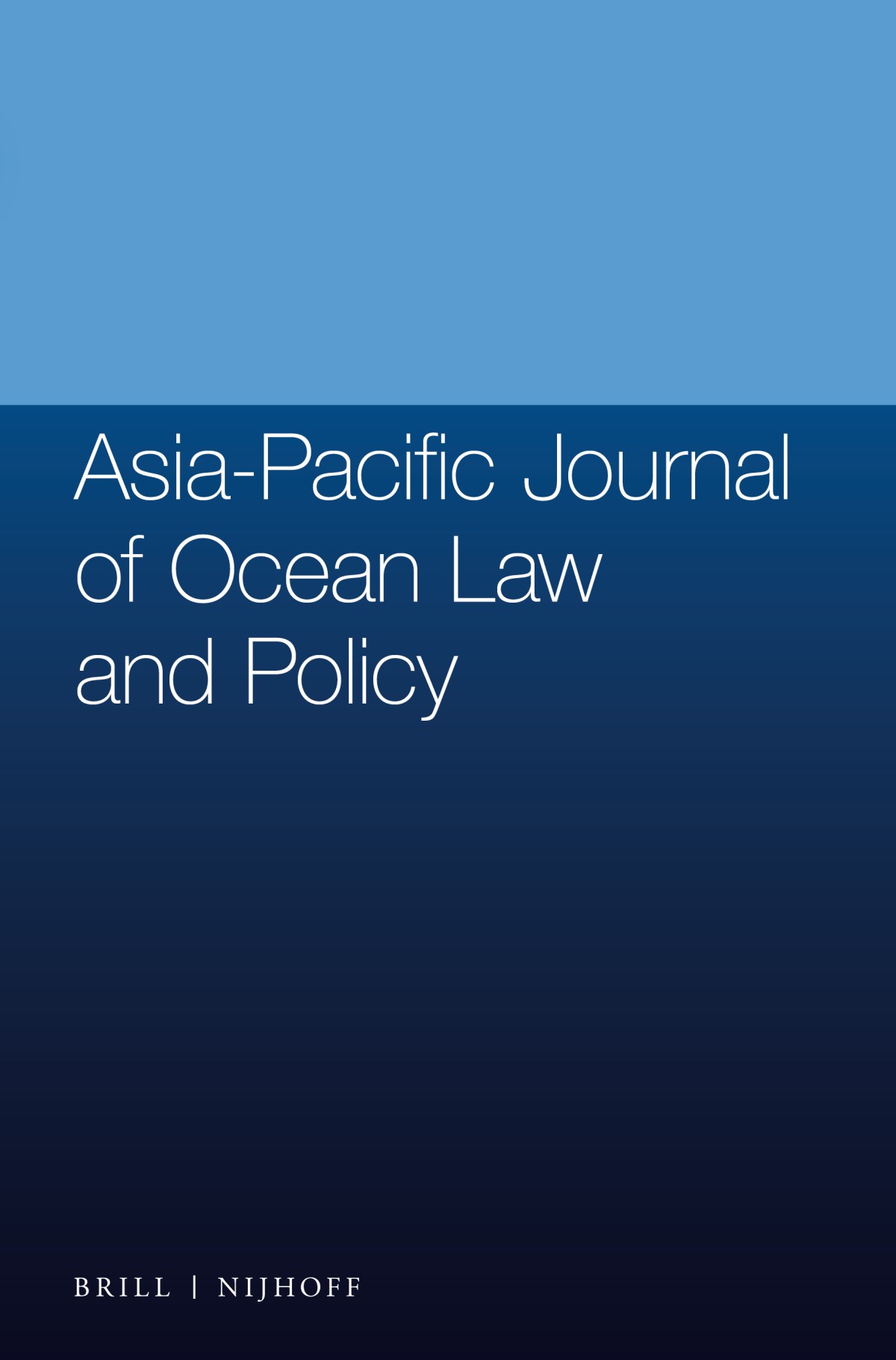Home / Books & Journal Articles / Journal Article / Weighing the Sources of International Law


Executive Director & Senior Fellow
There is a long-standing debate on the weight or preference given to different sources of international law in jurisprudence. This article aims to discuss the interplay of three pairs of sources of international law; namely between old treaties and new treaties, treaties and customs, and existing treaties and emerging treaties in the context of three regions which are featured with typical maritime related issues. In the Arctic region, the 1925 Svalbard Treaty and the 1982 United Nations Convention on the Law of the Sea (UNCLOS) become the sources of conflicts or different legal positions between Norway and some other States who are parties to both treaties. In the South China Sea, the major legal issue, among many other important ones such as island regime, is the relationship between UNCLOS as a treaty law and historic rights as a customary international law. The Antarctic Treaty System (ATS) may be influenced by the new instrumental arrangements made by Biodiversity Beyond National Jurisdiction (bbnj) negotiation, reflecting the importance of ensuring the emerging treaty will not interrupt the jurisdiction of established treaties.
Journal Details: Asia-Pacific Journal of Ocean Law and Policy, Volume 6: Issue 2, p221–246
Publisher: Brill | Nijhoff
Publication Date: 19 Oct 2021
DOI: https://doi.org/10.1163/24519391-06020004
E-ISSN: 2451-9391

Executive Director & Senior Fellow
Dr. Nong Hong holds a PhD of interdisciplinary study of international law and international relations from the University of Alberta, Canada and held a Postdoctoral Fellowship in the University’s China Institute. She was ITLOS-Nippon Fellow for International Dispute Settlement (2008-2009), and Visiting Fellow at Australian National Centre for Ocean Resources and Security (2019), the Center of Oceans Law and Policy, University of Virginia (2009) and at the Max Planck Institute for Comparative Public Law and International Law (2007). She is concurrently a research fellow with China Institute, University of Alberta, Canada, and the National Institute for South China Sea Studies, China. Her research takes an interdisciplinary approach to examining international relations and international law, with focus on International Relations and Comparative Politics in general; ocean governance in East Asia and the Arctic; law of the sea; international security, particularly non-traditional security; and international dispute settlement and conflict resolution.

The Institute for China-America Studies is an independent nonprofit, nonpartisan research organization dedicated to strengthening the understanding of U.S.-China relations through expert analysis and practical policy solutions.
1919 M St. NW Suite 310,
Washington, DC 20036
icas@chinaus-icas.org
(202) 968-0595
© 2025 INSTITUTE FOR CHINA-AMERICA STUDIES. ALL RIGHTS RESERVED.
Diverging Currents: U.S.–China Strategies on Deep Seabed Mining and the Future of Ocean Governance